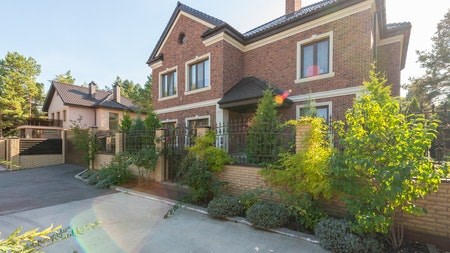Finding a suitable home is one of the most important considerations when scaling down for retirement.
What is on offer varies enormously from one retirement village to the next – from freestanding units to frail care and assisted living complexes and a host of recreational amenities such as clubhouses, restaurants, and sports facilities.
John Chapman, director of Rabie Property Developers says that many elderly people in sectional title developments mistakenly believe they are looking after their investments, while they are actually running them into the ground.
“In the life right model the developer manages the amenities to high standards, and when a resident passes on, the home must be sparkling for prospective new owners. The clubhouse and other amenities largely determine the value the developer derives from the sale of the remaining assets, so it must always be immaculate,” says Chapman.
“There is greater certainty about levies and there are no surprise special levies for owners to be concerned about. You can rest assured that you will always be living in a first-class complex without increasing levies.”
Waiting lists
Many retirement villages have waiting lists, and when your name gets to the top of the list, the manager will contact you to find out if you are ready to take up residence. If you are ready, you can accept and move in. If not, your spot will be offered to the next person on the list and you will go back on the list, to be contacted in the future.
Most retirement villages have lengthy waiting lists so it makes sense to put your name down at more than one. The problem is that to have your name on a waiting list you will need to put down a deposit, which can vary from around R1 000 to over R5 000.
The deposit is then deducted from the price of the home when you do buy. However, it is usually non-refundable if you elect not to buy a home in the village. If you go elsewhere you will be out of pocket at a time of life when most people are feeling the pinch. And if you die before you can take up the offer your estate will forfeit the deposit.
Changes
Another possible problem is that facilities at the retirement village can change during the years between putting down your deposit and moving in. With a change in ownership, a previously affordable life right retirement centre could be transformed into a luxury complex - with considerable additional costs to residents. Worst case scenario is that a luxury village could deteriorate due to a lack of funds.
Questions to ask
When shopping for a retirement home be sure to ask the following questions:
Levies
Are they capped?
If not, what are the projected annual increases?
What do the levies cover, e.g. maintenance, insurance, garden services, frail care?
Amenities
Are restaurant meals part of the service or is this an additional cost? Some retirement villages insist on residents taking a set number of meals each month, at a fixed cost.
Can visitors make use of the clubhouse and other amenities?
Outliving your assets
One of the biggest concerns for older people is that they could outlive their assets. Sadly, even substantial retirement savings might not be enough to support you if you live well into your 80s or 90s.
If you can no longer afford to pay the monthly levies in a life right scheme, how does this affect your accommodation and other services? In most life right schemes this possibility is covered in the agreement, with the cost of levies and upkeep being deducted from your estate out of the profit on the eventual sale of the unit.
Golden years
Before committing to a property it’s important to have the right information to be sure of spending your golden years in an environment that suits your lifestyle and your health needs.





